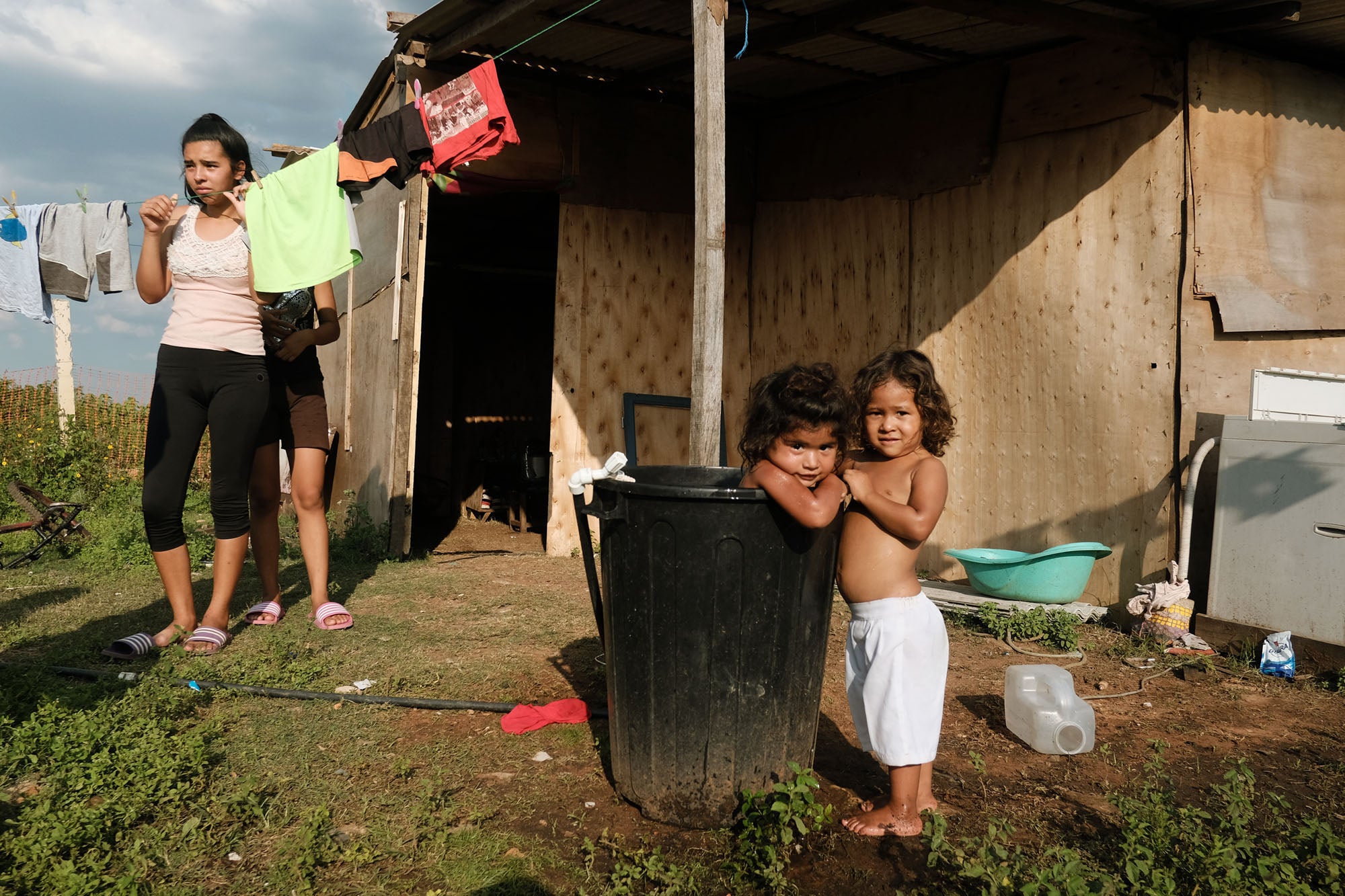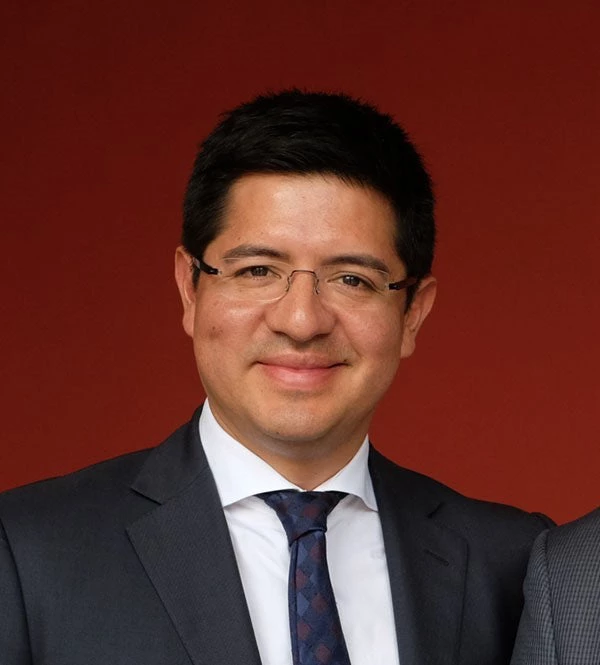 Rocio lives with her 8 children in los Bañados de Asunción, Paraguay
Rocio lives with her 8 children in los Bañados de Asunción, Paraguay
Like any other crisis, the COVID-19 pandemic has aggravated existing inequalities, hitting minorities and vulnerable groups particularly hard.
Across the world, communities of African descent, indigenous people, LGBTI people and other minorities are suffering from disproportionately high infection and death rates; minorities are more likely to face evictions and homelessness as a result of the crisis; and “domestic” sexual and gender-based violence has spiraled out of control.
The main stage upon which these tragedies unfold is poor housing.
For decades, governments have made a commitment to “inclusive” housing policies under the precept that “Everybody Counts”. COVID-19 has laid bare the inadequacy of our housing policies and the ways in which we are still failing the most vulnerable communities:
- Afro-descendants and indigenous people. In most of South America, Afro-descendants are about twice as likely to live in slums than their neighbors. Indigenous families living in urban areas are 90% more likely to lack access to proper housing and 75% more likely to lack access to piped water than other urban dwellers. Today, higher COVID-19 related death and infection rates should come as no surprise given that these communities tend to lack the ability to effectively protect against the virus.
- Even before COVID-19, most migrant workers were living in inadequate homes and urban slums that can act as accelerators of infections. In Costa Rica, it is estimated that more than 40% of slum inhabitants are migrants. In Peru, 57% of Venezuelan migrants live in overcrowded homes. This situation is likely to have worsened since the start of the pandemic. Preliminary assessments are dire: seven out of ten migrants in Peru, Ecuador and Colombia have experienced a decrease in their income, and just over half of Venezuelan migrants reported being able to wash their hands with soap in order to contain the spread of the virus.
- For many women, home is not a safe space. One in three Latin American women are affected by gender-based violence. Since lock-down orders have been put in place, reports of gender-based violence have skyrocketed, due in large part to the stress caused by overcrowding and other anxieties triggered by the pandemic. In Colombia, calls to the GBV helpline have seen a 91% increase. In Mexico, feminicide increased by 37% over the previous year.
- LGBTI people make up between 20-40% of homeless populations around the world. Sexual and physical abuse and family rejection cause many LGBTI people, especially youth, to leave their home. As pressures on family systems increase, and non-family support structures fall away because of the lockdowns, LGBTI people are particularly at risk. With evictions everywhere on the rise, LGBTI people are also more likely to be turned away from homeless shelters than others seeking to stay off the streets. Those forced into informality face harassments, evictions and price hikes from their landlords.
In the face of great suffering, many governments have adopted a series of protection for renters and mortgage payers that were largely unthinkable before the pandemic.
Governments have repurposed hotels and youth hostels as homeless shelters and committed to getting water and sanitation facilities to informal settlements. In Argentina, the Government extended eviction moratoriums and other protections for renters and homeowners. In Chile, the Government has introduced rental subsidies to relieve overcrowding and Colombia is expanding the housing assistance to include vulnerable migrants from Venezuela.
Given the urgency of providing GBV survivors with safe housing, Mexico City announced an initiative to force perpetrators of violence to leave their homes and assume all economic responsibilities associated with it, regardless of who owns the home. In a region where women continue to face significant barriers to homeownership, this is a welcome step towards strengthening women’s autonomy and protection.
The pandemic has laid bare how much work has yet to be done to realize the promise of “inclusive housing”. The hard reality is that housing policies too often exclude those most in need: the migrants and displaced, who tend to lack residency permits; poor families living in slums, who lack formal land titles.
Most poor people are renters and are not creditworthy, and yet housing assistance tends to be geared toward homeowners or those that can access a mortgage loan, thus excluding all families that rely on low, irregular and informal incomes.
It has taken a global pandemic to clarify that poor housing can be a matter of life and death. In the course of a few months, many governments have demonstrated what guaranteeing truly inclusive housing policies could mean in practice. For the post COVID-19 world, we need to make sure that these lessons are learned and the right to adequate housing for all won’t remain an elusive ideal, but an achievable objective for all.
Related links:
- Subscribe to our Sustainable Cities newsletter
- Follow @WBG_Cities on Twitter




Join the Conversation